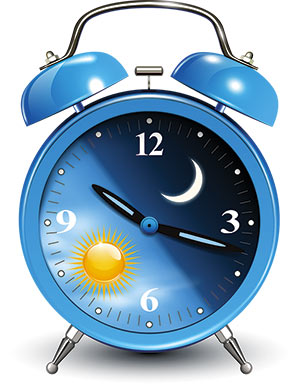
 Circadian rhythms research, also called chronobiology, studies the 24-hour cycles determining periodicity in various physiological processes. This includes nervous system activity and hormone production, which influences sleeping and feeding patterns.
Circadian rhythms research, also called chronobiology, studies the 24-hour cycles determining periodicity in various physiological processes. This includes nervous system activity and hormone production, which influences sleeping and feeding patterns.
These rhythms are tightly regulated by an endogenous complex network of specific sets of genes which can be modulated by changes in the environment, such as sunlight and temperature.
Researchers performing these experiments can control the subject's environment by altering light and dark periods in different animal models, including mice.
Recently, a series of novel studies have been conducted in the home cage to understand how effectively run experiments during rodent’s active time (night) and to perform a comparison across different centers with unified controlled conditions.
The results measured with locomotor activity in undisturbed conditions via the DVC® platform were completely unexpected.
Check out how DVC® was used for such studies: